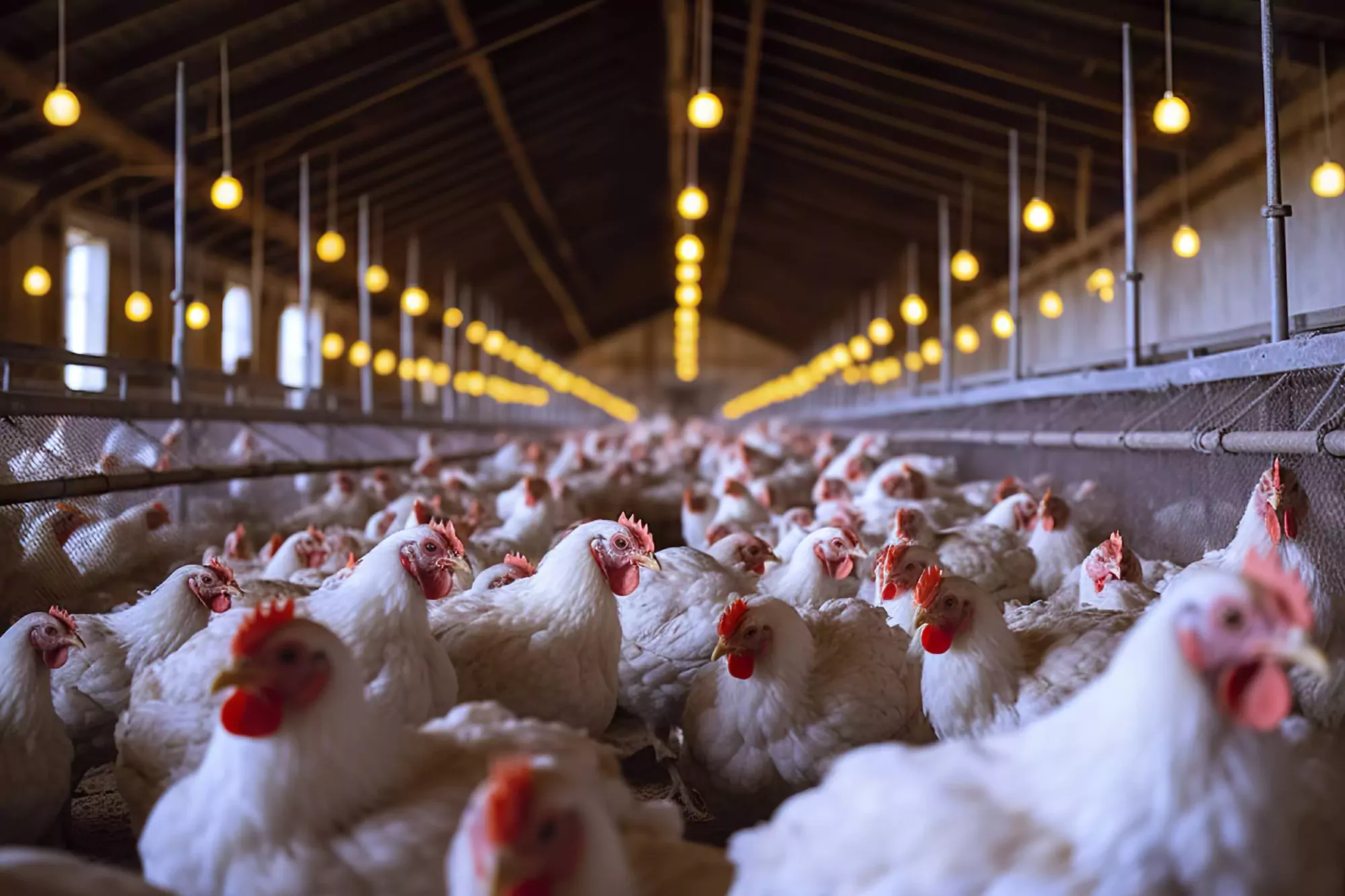Biosecurity in farming. How to get rid of those unwanted pathogens.
The recent outbreak of the highly pathogenic H5N1 avian influenza in the UK is a stark reminder of maintaining good biosecurity on farms to minimise the chance of viruses and bacteria spreading through poultry houses, pig pens and amongst cattle with disastrous consequences.
Embedded good biosecurity
Good biosecurity practice should be already embedded in a farm’s systems and procedures – and typically cover limiting access to livestock, keeping good records, thorough disinfection procedures and, where possible preventing wild birds, animals, and rodents from coming into contact with livestock.
Preventing cross-contamination
Good decontamination processes, using an approved disinfectant, are essential in reducing the chance of cross-contamination in agricultural settings and include:
- Making sure that pressure hoses, brushes and approved disinfectants are available and used at entry points to clean vehicles, boots and equipment
- Having boot dips with the correct concentration of disinfectant available
- Cleaning and disinfecting all vehicles that have been used to transport livestock, by-products etc. after each journey
- Cleaning and disinfecting all equipment, including crates, containers etc. before and after use
- At the end of a production cycle, it thoroughly cleans all the buildings, equipment etc., including ducting, drains and fans.
Efficient disinfection procedures
Many farms already use hand-held dry foggers to disinfect their premises and to rid themselves of unwanted pathogens. Dry foggers generate tiny droplets of disinfectant that clean the air and surfaces as they slowly drop. The droplets, less than 10 microns large, remain airborne long enough to reach all the nooks and crannies, which can be particularly useful in areas with difficult to reach high roofs and awkward spaces.
The use of an automatic dry fogging machine can speed up the process of decontaminating barns, warehouses, vehicles and equipment and ensure that the disinfectant gets to the hard-to-reach places. Automatic dry fogging machines, such as the CUBE, have the advantage of being fast, can handle both large and small spaces and do not require an operator to be present.
Biosecurity on farms remains essential to their smooth running and preventing viruses and bacteria from spreading across premises and dry fogging; using an approved disinfectant can be a valuable tool as part of the decontamination process in enclosed spaces.
If you would like to learn more about CUBE dry fogging machines and how they can help disinfect poultry houses, pig pens and other agricultural premises, please get in touch.
Which disinfectant?
We can also help you select an appropriate disinfectant to decontaminate your premises and equipment – we distribute a number of biocides, approved by the EU (Biocidal Products Regulations EU528/2012). Please get in touch with our sales team to find out more about our range of disinfectants and which product is best for your particular application.


